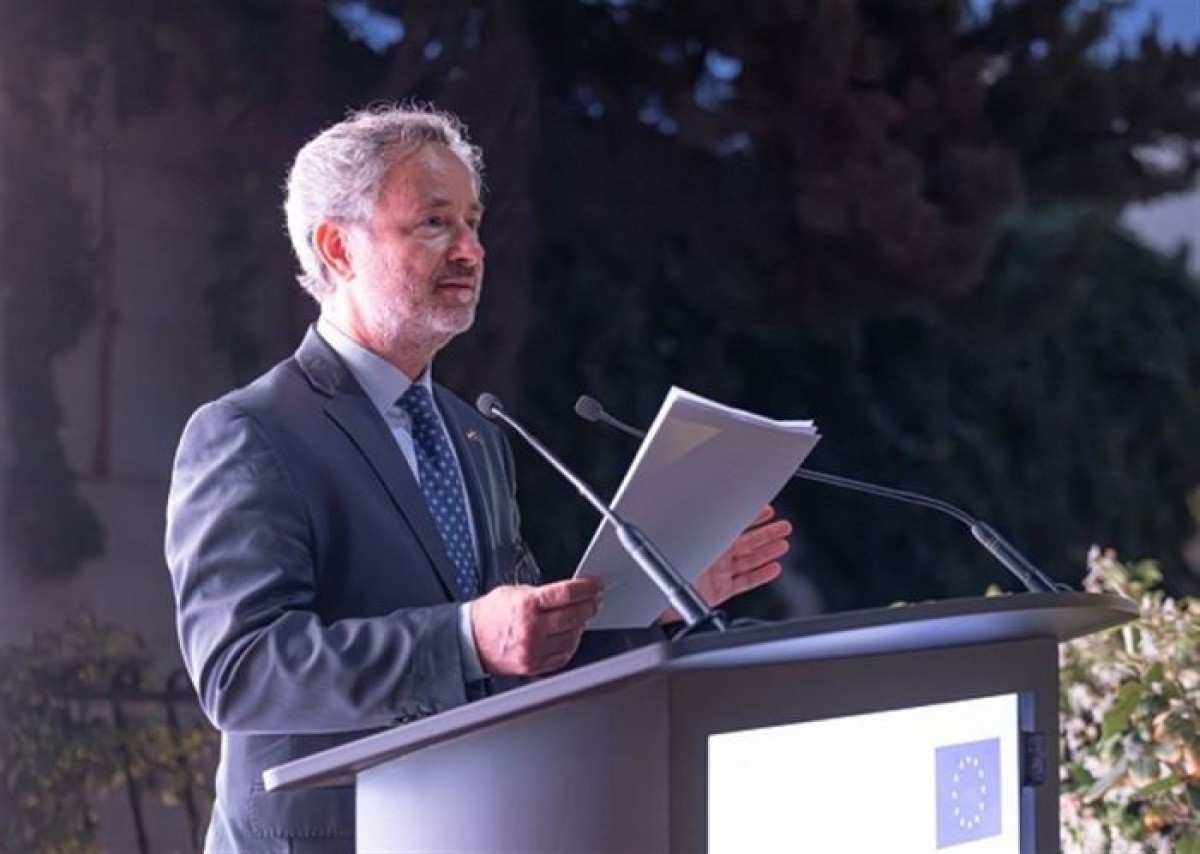The European Union renews its humanitarian commitment to Yemen and calls for a favorable environment for the work of organizations


The European Union mission to Yemen announced that it will participate this month in the Belgian capital, Brussels, in the chairmanship of the seventh annual meeting of senior humanitarian officials involved in the situation in Yemen, confirming its endeavor to renew international commitment and fill in efforts to meet urgent humanitarian needs, and to create an appropriate operational environment for workers in the humanitarian and developmental sectors.
The European Union’s ambassador to Yemen, Gabriel Monurea Fennals, said, in a speech on the occasion of European Day, that the Union has provided nearly 2 billion euros as aid to Yemen since the outbreak of the war in 2015, stressing that the European Union will continue to be adhered to the support of the unity, sovereignty, independence, and territorial integrity.
"We stood by the Yemenis since the beginning of the conflict, as we have provided more than 1.6 billion euros as humanitarian aid, and we are still among the major donors to the country."Humanitarian work in Yemen faces during the year 2025, as is the case at the global level, unprecedented challenges, in light of a significant decrease in the available financing volume, which forced many organizations to reduce or stop vital programs that millions of needy depend on.
According to the United Nations data until May 13, only 9% of the humanitarian response plan for Yemen for the current year has been funded, as only $ 222 million of the total requirements of $ 2.5 billion were collected, which is the lowest financing rate in the plan for more than ten years.
The United Nations warned that the continuation of this sharp decline in financing, as in other crises around the world, means that millions of Yemenis are threatened with losing the necessary assistance to survive.
The number of Yemenis who depend on humanitarian aid is estimated at about 19.5 million, or more than half of the population, in light of the continuation of the humanitarian crisis resulting from many years of conflict and economic and service deterioration.